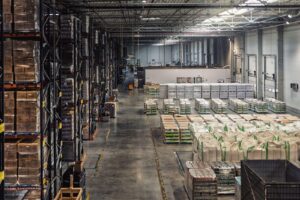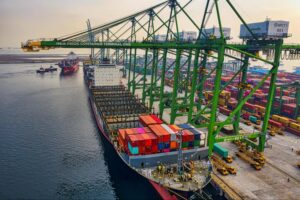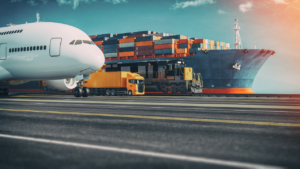Canadian customs brokers play a vital role in facilitating international trade and ensuring the smooth flow of goods across borders. However, with the constantly evolving global trade landscape and the advent of new technologies, the future poses unique challenges for these professionals. In this article, we will explore some of the significant challenges Canadian customs brokers are likely to face in the coming years and discuss potential strategies to overcome them.
Technological Advancements
Advancements in technology, such as automation, artificial intelligence (AI), and blockchain, are revolutionizing the customs industry. While these innovations offer tremendous opportunities for efficiency and accuracy, they also present challenges for customs brokers. Embracing new technologies requires brokers to adapt their workflows, upgrade their systems, and acquire new skills to effectively utilize these tools. Additionally, ensuring the security and privacy of data in an increasingly digitized environment becomes crucial.
To address these challenges, customs brokers must invest in continuous training and development to stay updated on technological advancements. Collaborating with technology providers such as CrimsonLogic and adopting innovative solutions can help brokers streamline their processes and enhance their value proposition to clients.
Regulatory Changes
The regulatory landscape governing international trade is subject to constant changes. Customs brokers must navigate through complex regulations, trade agreements, and compliance requirements imposed by both domestic and foreign authorities. The implementation of new trade agreements, amendments to existing laws, and geopolitical shifts can significantly impact the customs brokerage industry.
To tackle this challenge, customs brokers must remain vigilant and proactive in monitoring compliance regulatory updates. Staying engaged with industry associations, participating in consultations, and maintaining strong relationships with government agencies can provide valuable insights into upcoming changes. Embracing digitization and leveraging data analytics tools can also help brokers keep pace with evolving regulations and ensure compliance.
Geopolitical Factors and Trade Wars
Geopolitical factors and trade wars have a profound impact on international trade and customs procedures. Disputes between nations, shifts in diplomatic relationships, and the imposition of trade barriers can disrupt established supply chains and create uncertainties for customs brokers. Trade policies such as increased tariffs or quotas, can significantly affect import and export volumes, altering the demand for customs brokerage services.
To mitigate the risks associated with geopolitical factors, customs brokers could diversify their client base and explore opportunities in emerging markets. Maintaining strong relationships with clients and industry partners can provide valuable insights and support during uncertain times.
The future poses unique challenges for Canadian customs brokers, driven by technological advancements, evolving regulations and geopolitical factors. Adapting to these challenges requires customs brokers to embrace new technologies, stay updated on regulatory changes, diversify their client base, and prioritize sustainability. By proactively addressing these challenges, customs brokers can continue to play a vital role in facilitating international trade and contribute to the growth of the Canadian economy.





